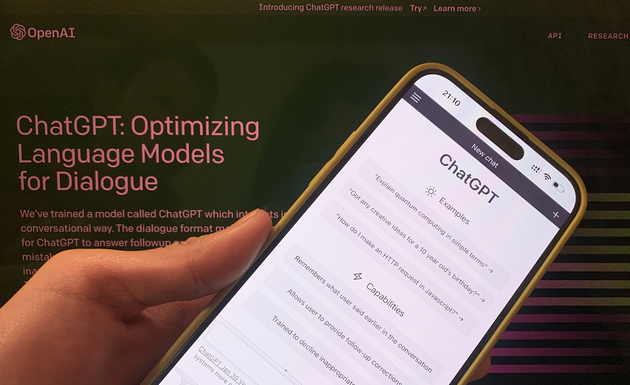
File Photo/NBD
1. OpenAI to Launch “Strawberry” Model This Fall
On August 27, sources revealed that OpenAI researchers plan to launch a new AI model codenamed “Strawberry” as part of their chatbot system this fall. “Strawberry” can solve mathematical problems it has never encountered before and can also handle programming tasks after training.
Commentary: The launch of the “Strawberry” model signifies a new advancement in AI technology for solving complex mathematical and programming problems, potentially impacting research and applications in these fields.
2. Google Meet Introduces Automatic AI Note-Taking Feature
On August 27, Google Meet introduced an automatic AI note-taking feature. Unlike its transcription tool, this feature summarizes what each participant says rather than transcribing every word. Currently, it only supports English summaries.
Commentary: The introduction of automatic AI note-taking in Google Meet can significantly enhance meeting efficiency and information management, especially by quickly capturing and reviewing key discussion points.
3. Elon Musk Publicly Supports California AI Safety Bill
Recently, Elon Musk expressed his support for California’s SB 1047 AI Safety Bill on his platform X, stating, “This is a tough decision that will make some people uncomfortable, but on balance, I think California should pass the SB 1047 AI Safety Bill.” This bill aims to establish safety measures for powerful AI models and has sparked debate among major tech companies, startups, and researchers.
Commentary: Musk’s support for the California AI Safety Bill highlights the growing need for safety and regulatory measures in the development and implementation of powerful AI technologies.
4. NVIDIA Launches “Easy Button” for Creating Next-Gen AI Workflows
On August 27, NVIDIA introduced NVIDIA NIM Agent Blueprints, a series of pre-trained, customizable AI workflows designed to provide enterprises with an “easy button” for developing generative AI applications. These workflows are suitable for various use cases, including customer service activities, retrieval-enhanced generation, and virtual screening for drug discovery.
Commentary: NIM Agent Blueprints offer an efficient and user-friendly method for enterprises to develop generative AI applications, greatly promoting AI technology adoption and innovation in the industry.
5. University of Florida Launches First Comprehensive Self-Service AI Platform in Higher Education
Recently, the University of Florida launched NaviGator AI, the first comprehensive self-service AI platform in U.S. higher education. This platform helps students generate document summaries, review written materials, including class notes and research papers, create artwork, write code, and assist with study plans and challenging subjects.
Commentary: The NaviGator AI platform from the University of Florida promises to revolutionize the educational experience by providing a wide range of self-service AI tools, enabling students and teachers to manage and enhance learning and research activities more efficiently.
Disclaimer: The content and data in this article are for reference only and do not constitute investment advice. Please verify before use. Operate at your own risk.


 川公网安备 51019002001991号
川公网安备 51019002001991号





